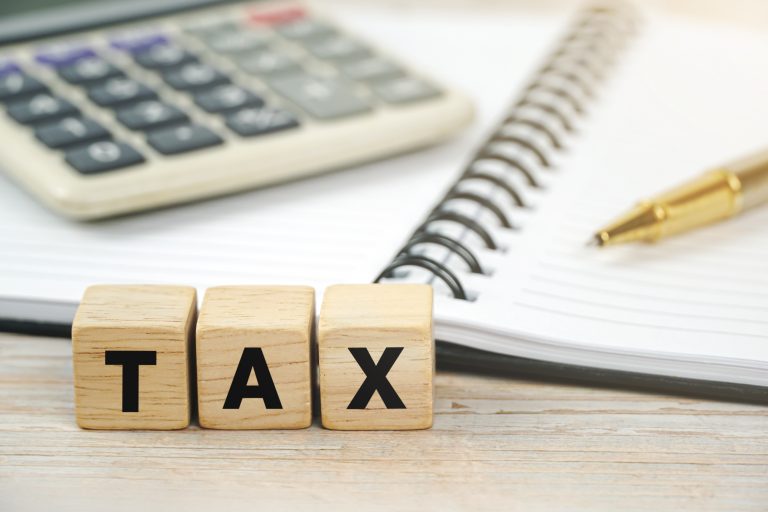Division 293 tax is an additional tax on super contributions for higher-income earners. For first-time recipients of a Div. 293 notice from the ATO, it can come as a surprise.
Super contributions such as employer contributions and salary sacrifice are taxed within your super fund at 15%. Introduced in July 2012, Div. 293 tax is an additional 15% tax for individuals with income greater than $250,000 a year. The tax is payable in addition to the standard 15% contributions tax and rather than being paid automatically by your super fund, most people learn of their Div 293 tax liability after receiving a bill from the ATO.












